
Guernica
Asia & Oceania

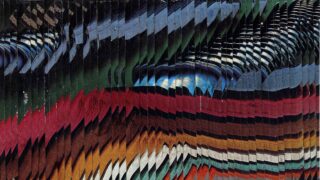
Mousey Miracles


The Trash Mountain Writes Home

He Who Fishes

Awa’s Story
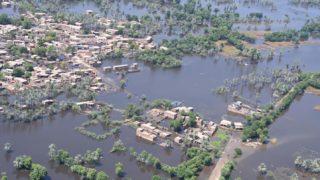
Treading Water

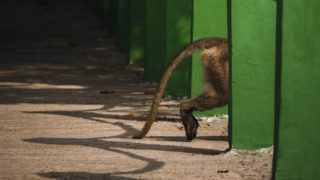
Parasite
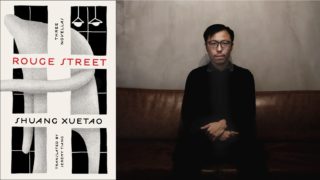
Shuang Xuetao: Writing Rouge Street, a Home for Exiles of Chinese Modernity

The Nightmare
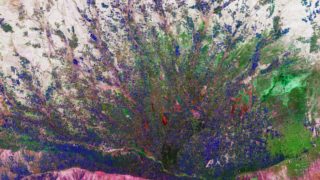
Malali and Me

Inside the Afghan Resistance

The Yellow Chair
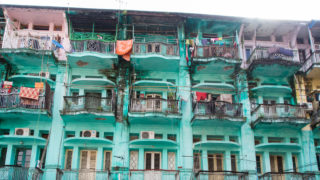
To My Lost Trishaw Driver
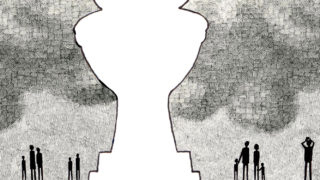
Thinking About Toilets
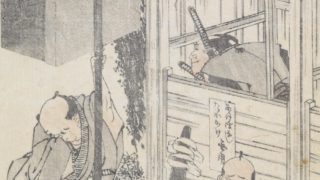
Raising a Stink
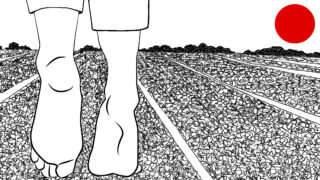
A History of Killing Sparrows

“Why the Afghans Did Not Fight”

Karachi Vice: Life and Death in a Divided City
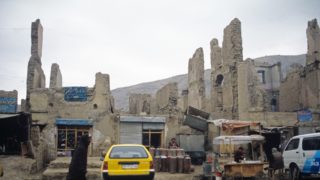
“It was as if the Taliban were still there”

The Unseen Women of Afghanistan
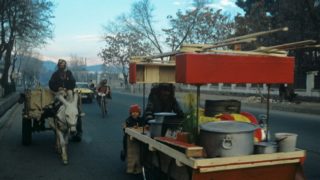
“We’ve been burning for twenty years and more”

Best of Guernica: Aliyeh Ataei’s The Border Merchant
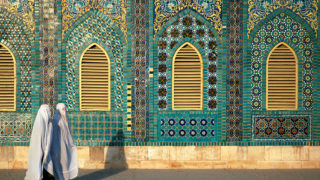
Best of Guernica: Nazish Brohi’s Footsteps in a Marked House
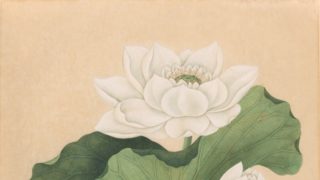
Rookie and the Djinn

Luo Fuxing: “The Last of the Shamate”

Barbara Demick: “I want to portray history through the eyes of the people living it.”
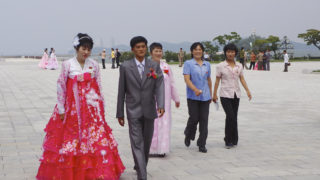
The Price of Freedom

A Country on the Cusp of Change

In the “Low”
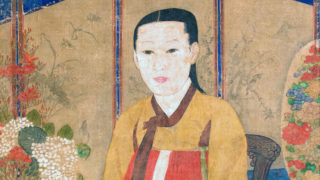
Princess Bari
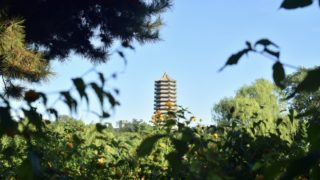
A Nation’s Conscience
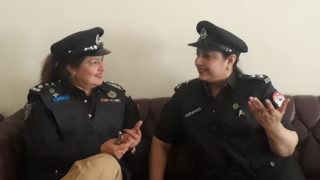
Footsteps in a Marked House: The Complex Role of Women in Pakistan’s Police Force

Our Last Days in Country

(How to) Suffer Well: Depression Sitting Still
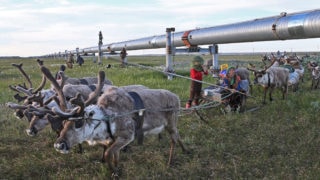
The Archipelago of Hope
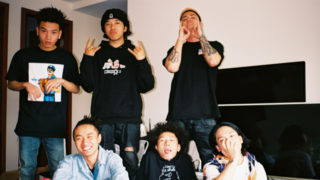
Chengdu Cool: The Rise of Sichuan’s Homegrown Hip Hop

Sonam Wangchuk: An Ice Fountain Brings Water to the Himalayan Desert
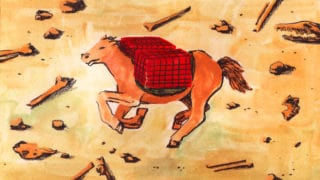
Rebellious Women and Other Demons of the Gobi
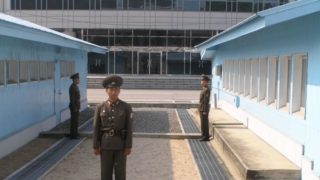
The “Real” DMZ
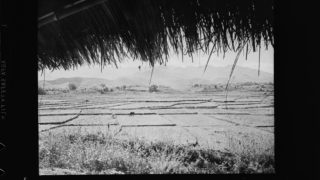
Burma Travelogue (Jet Lag Edition)

The Left Behind

A Vanishing Hong Kong
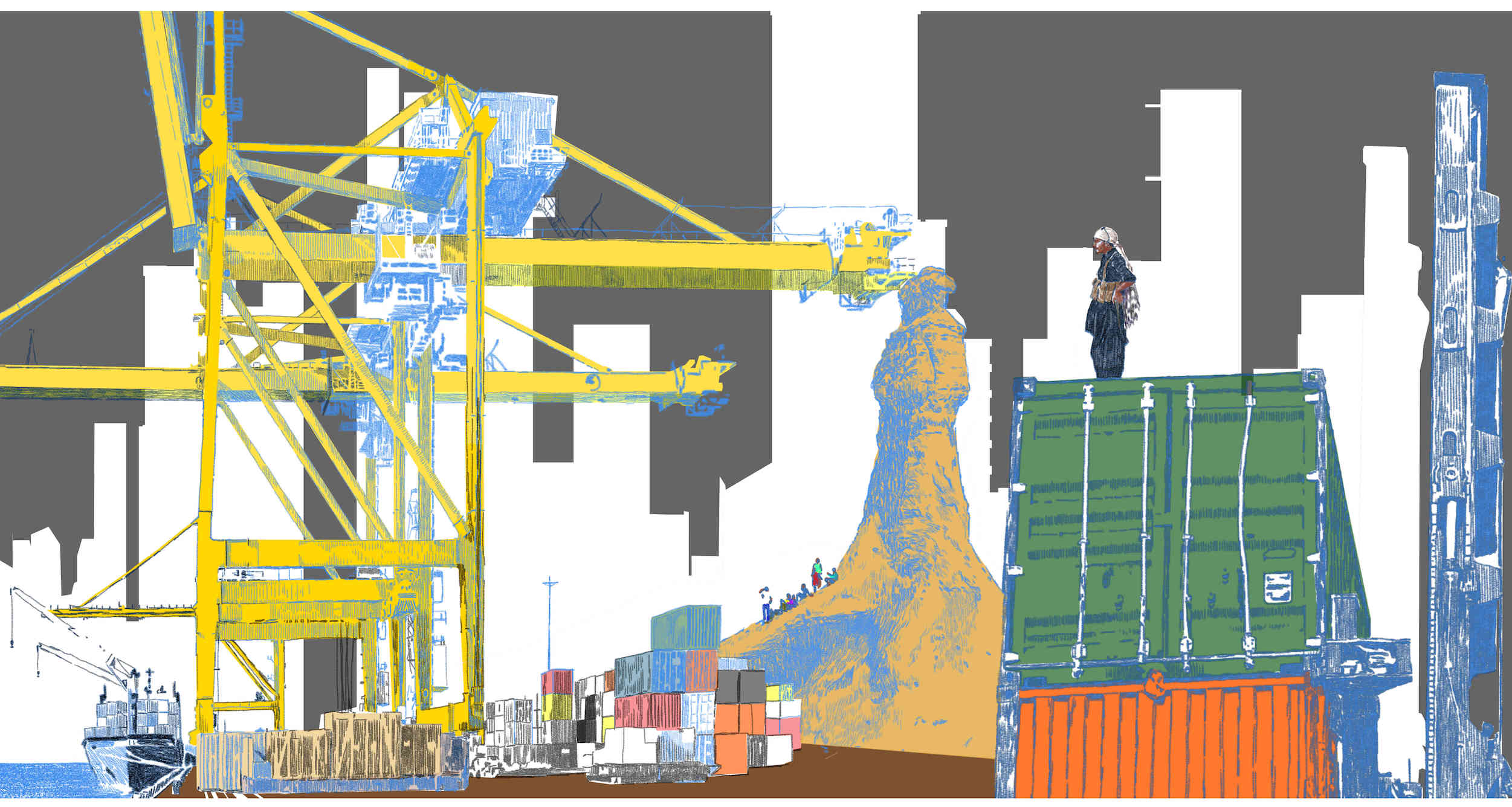
The Mountain and the Dry Desert Are Mine
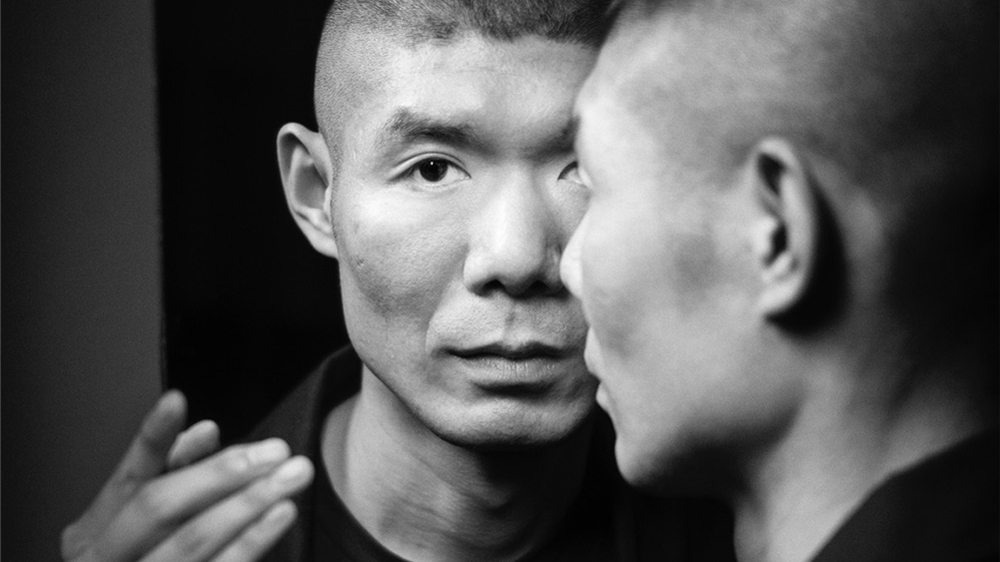
The Last Ten Entries of Ren Hang’s Depression Diary

Mohsin Hamid: Denuding Purity
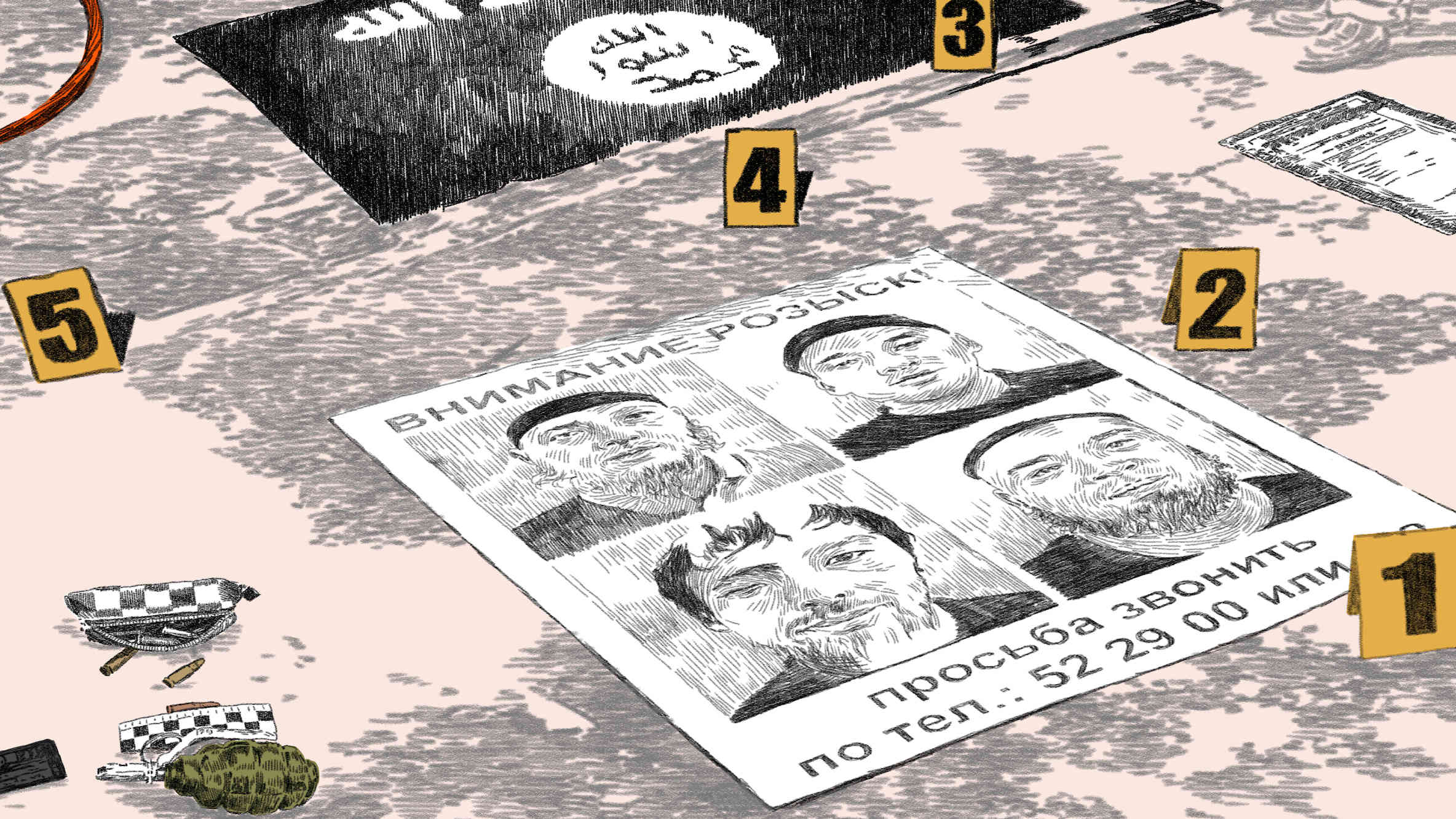
The Escapees of Bishkek
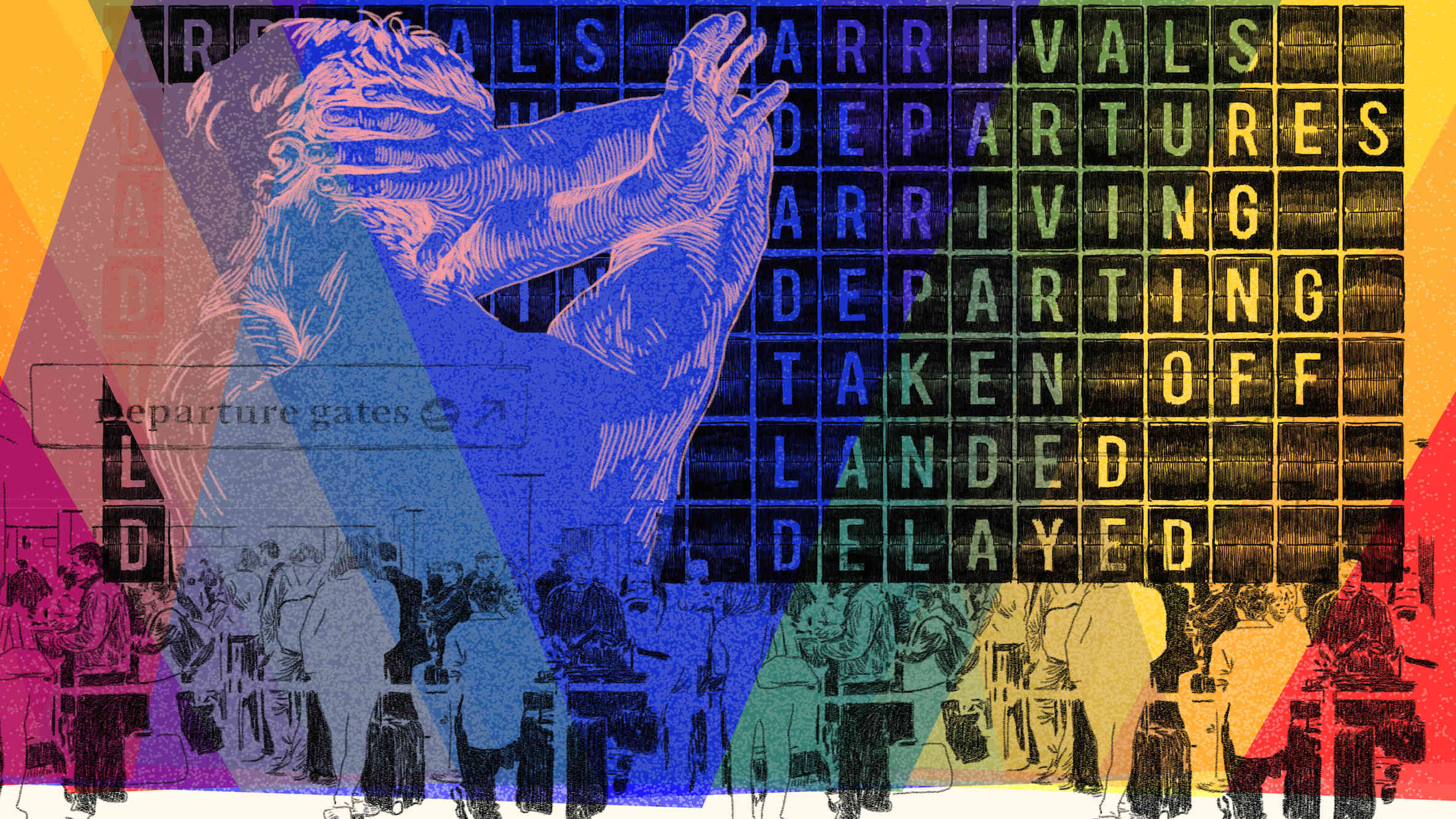
Out of the Iron Closet

Dana Tai Soon Burgess: American Tapestry

Krys Lee: Artificial Divides

Breaking the Bars Open
Karthika Nair’s new book brings a new narrative to an old tale
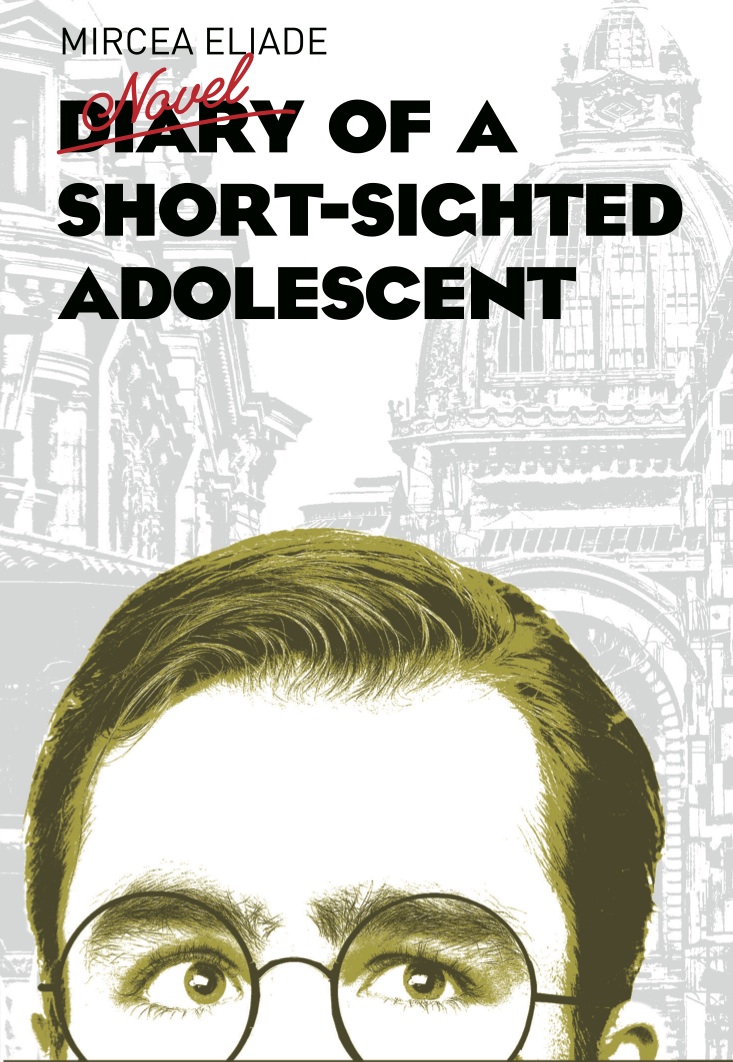
An Uncommon Short-Sighted Adolescent
Mircea Eliade's 1924 classic is now available in English translation, offering a rare glimpse into the often unseen Romania.
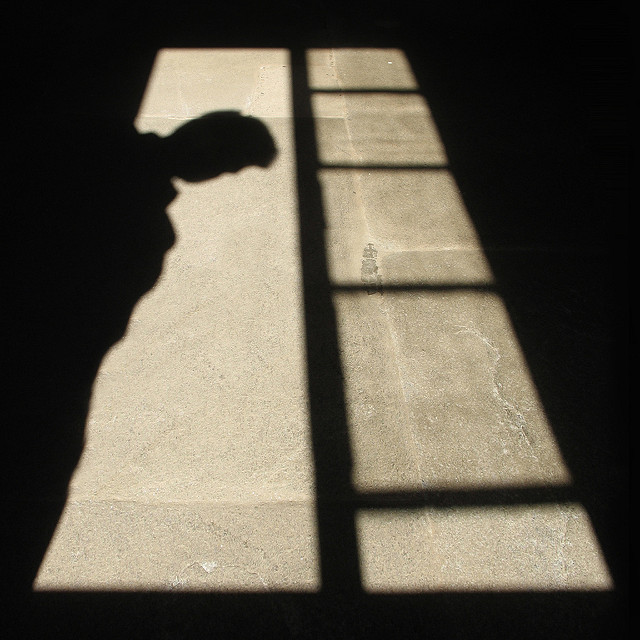
Behind the Hostage Detention of Bangladeshi Tahmid Hasib Khan
Even as Holey Artisan Bakery in Dhaka gets back to normalcy after a deadly siege a month ago, Bangladesh wrestles with the rising specter of extremism.
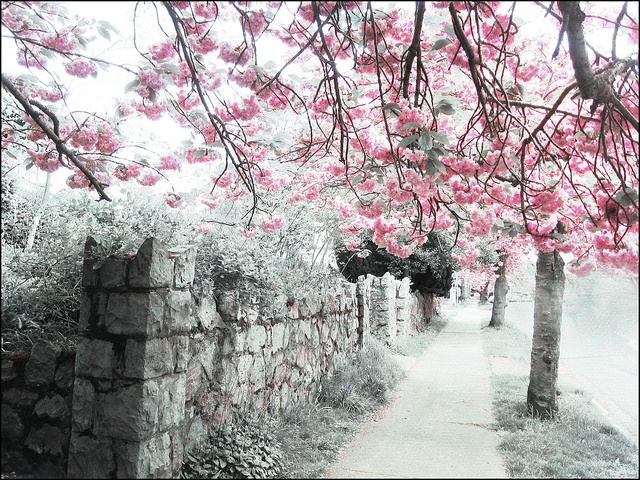
Ways of Seeing
Negotiating our diversity in a world that so often defaults to skin color.
Cities of the Future: I Didn’t Leave My Heart in Beijing
The future of Beijing? That depends on the many currents running through the political seas of the country, and the world around it. Will it be the capital of the last communist country on earth? Will it be the capital of the wealthiest capitalist economy? Will some semblance of its former beauty return?
Cities of the Future: Another Independence
It is already becoming clear that the efficacy of the old imperial strategy of “divide and rule”—caste against caste, religion against religion, temporary worker against permanent—is running out. The ability of India’s rural poor to endure cruelty is admittedly stupendous, but it is not, as their industrial overlords fondly believed, infinite.
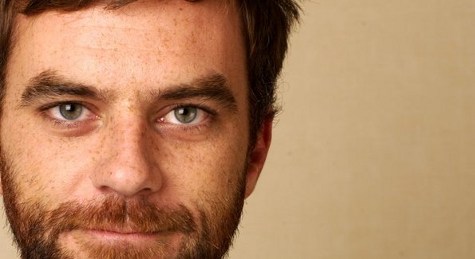
We Have Full Power Relaxing
On Paul Thomas Anderson’s Junun, or, the Madness of Love.
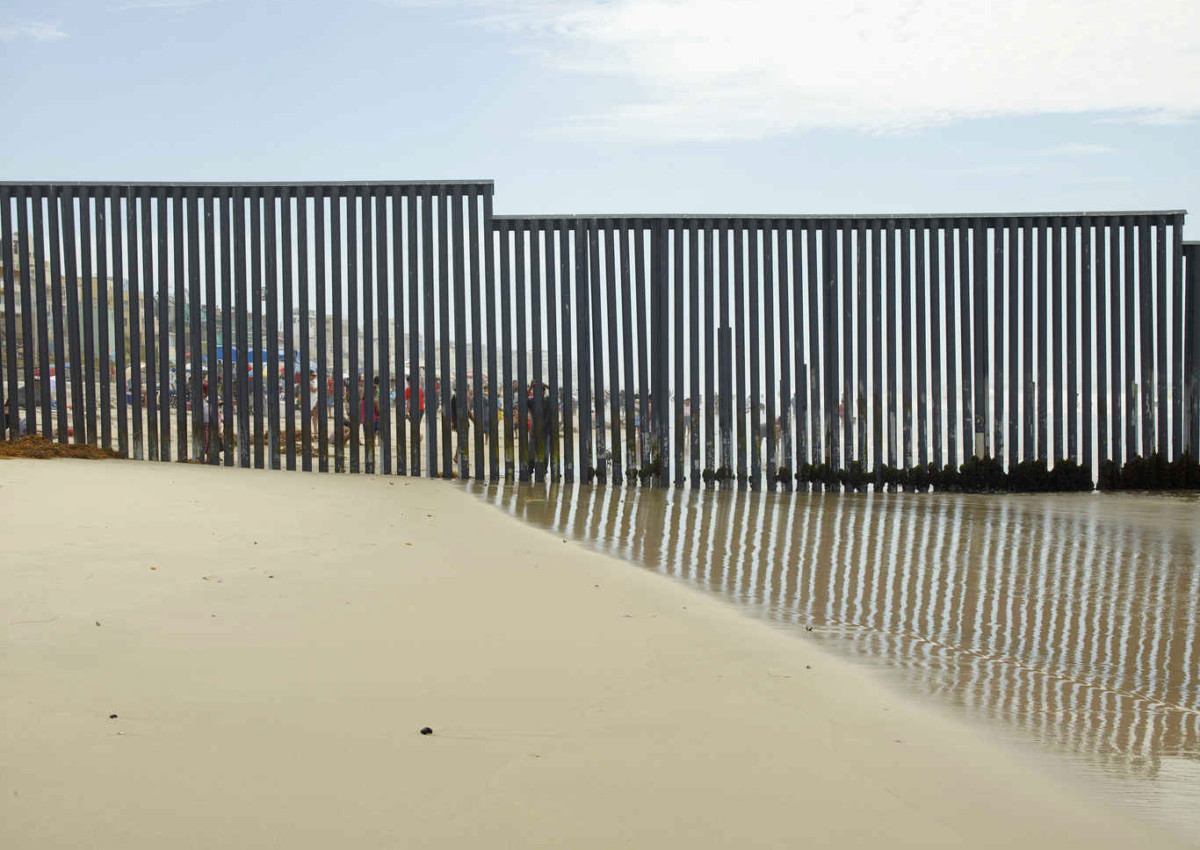
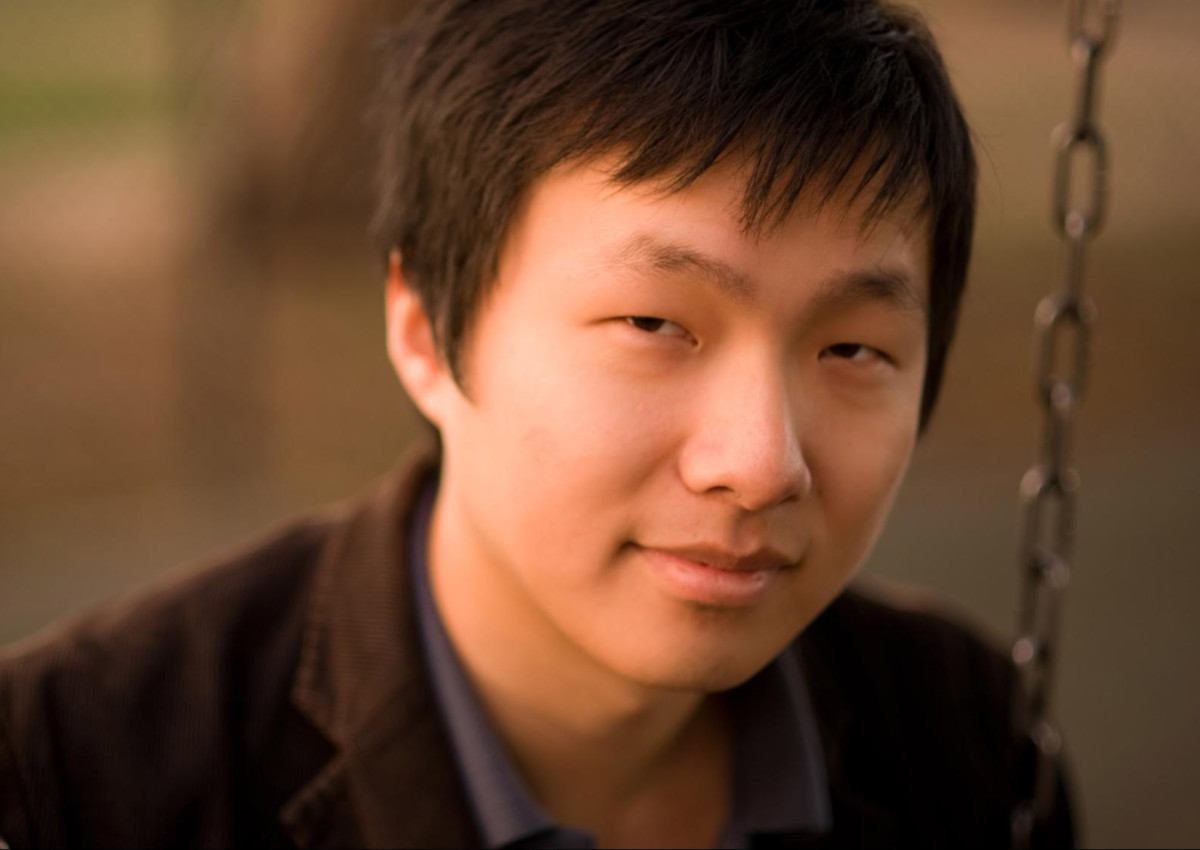
Jenova Chen: The Gaming Guru
The Chinese video game artist on emotion-centered play, collaboration beyond language, and the next generation of indie blockbusters.
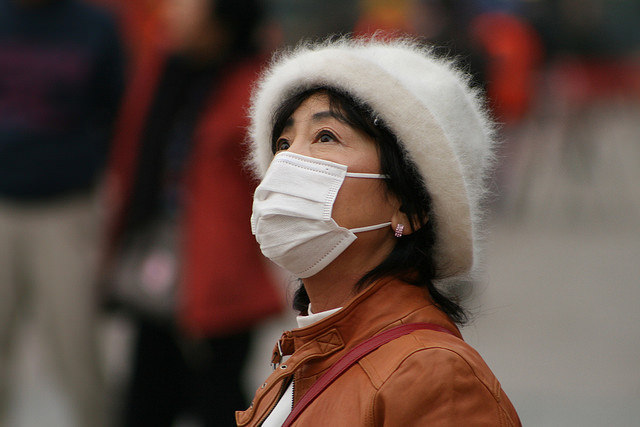
Seeing Through the Fog, Part Two
A two-part inquiry on how ancient philosophy and medicine come up against pollution and modernization in China.

Seeing Through the Fog, Part One
A two part series on how ancient philosophy and medicine come up against pollution and modernization in China
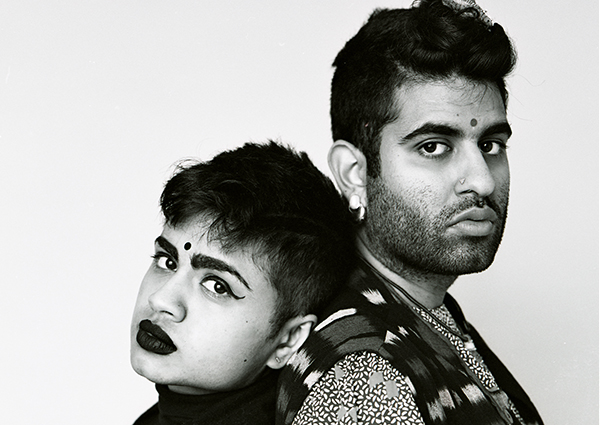
DarkMatter: Be the Kill-Joy
The performance artists on the racial history of drag, jokes as a means of survival, and leaving room for paradox.

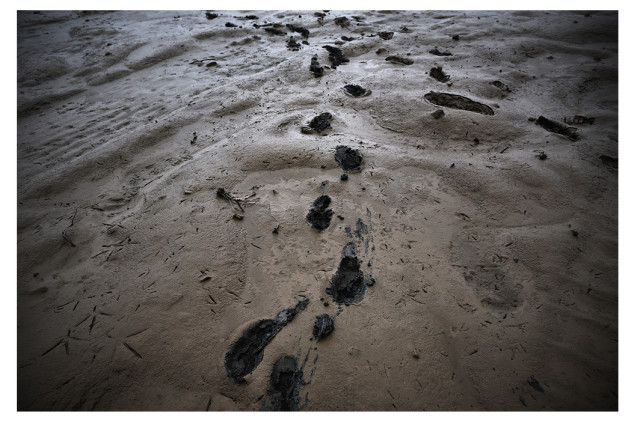
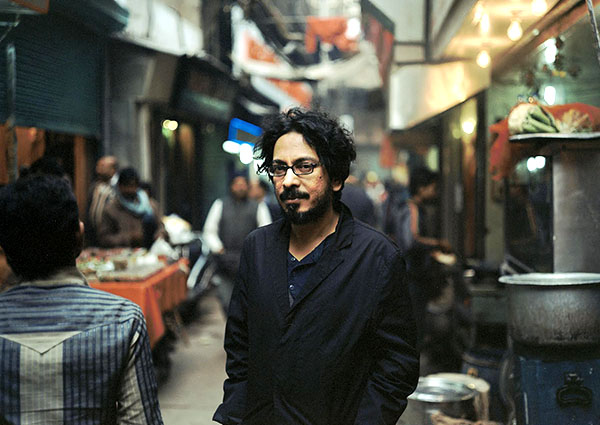
Sarnath Banerjee: The Full Texture of a City
India's premier graphic novelist on street hustlers and the perils of cosmopolitanism.
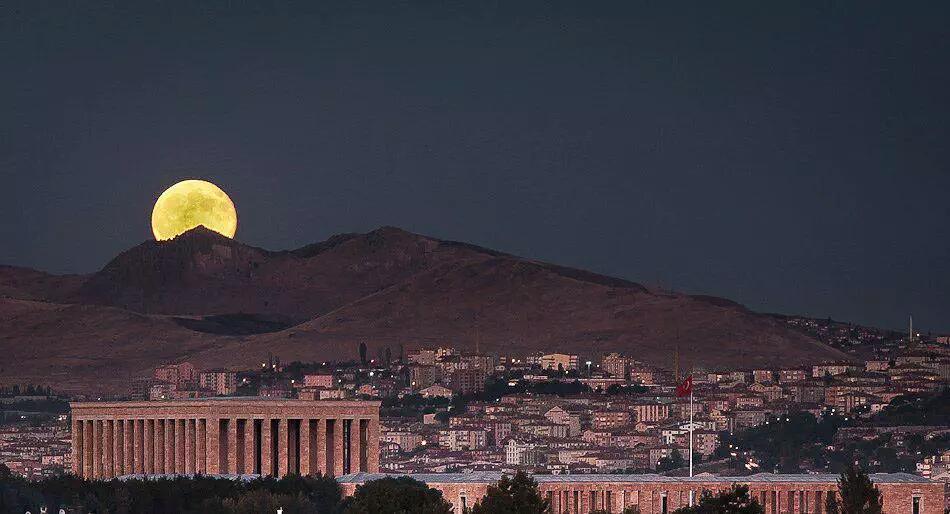
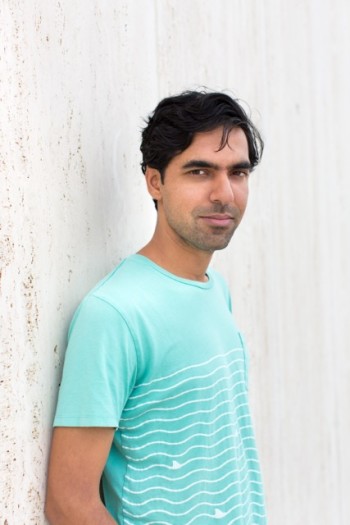
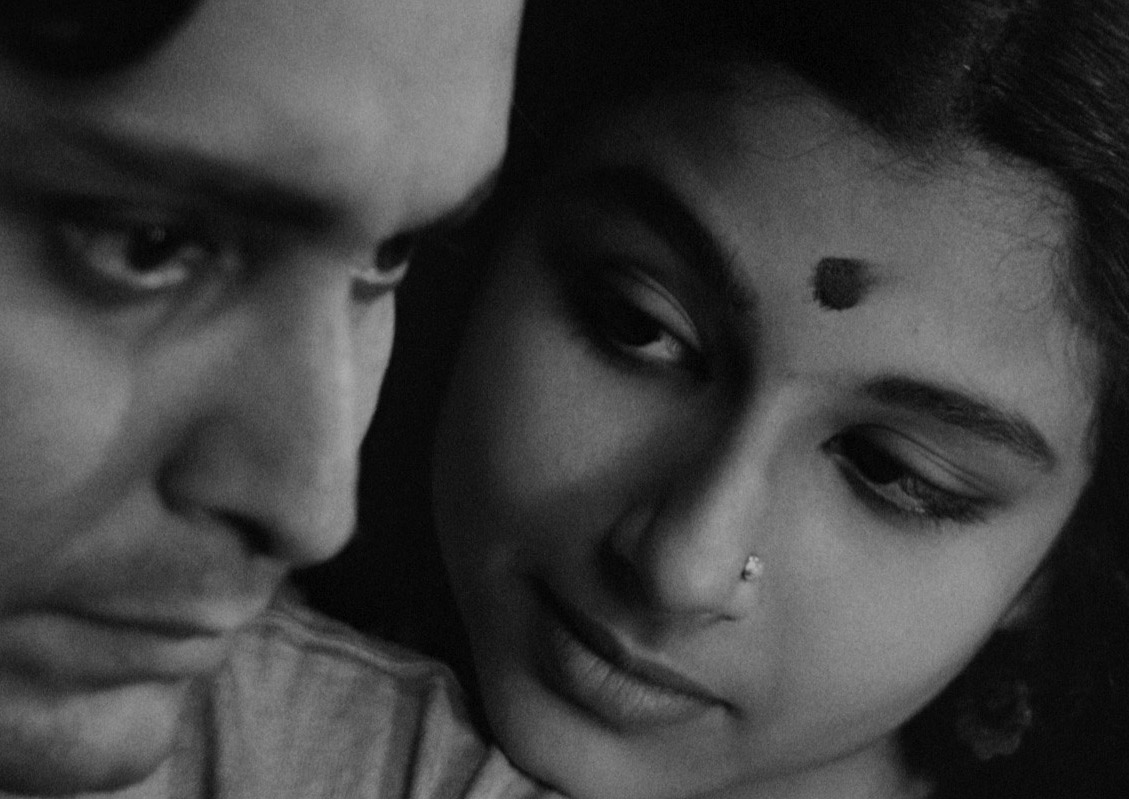
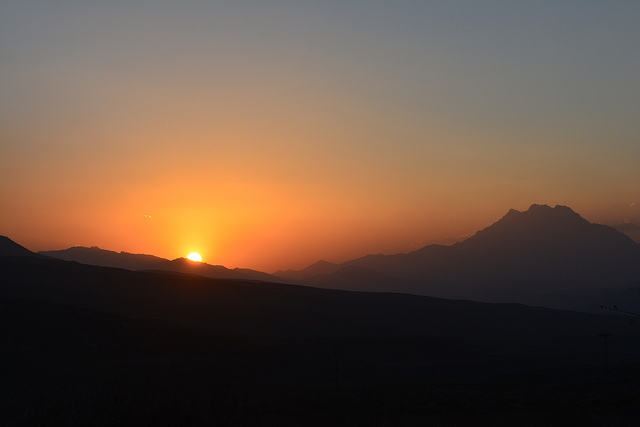

The Tale of the Hag
Her feet were brown. She ambled closer. Darling, I’m you, she said. I’m you from the future.
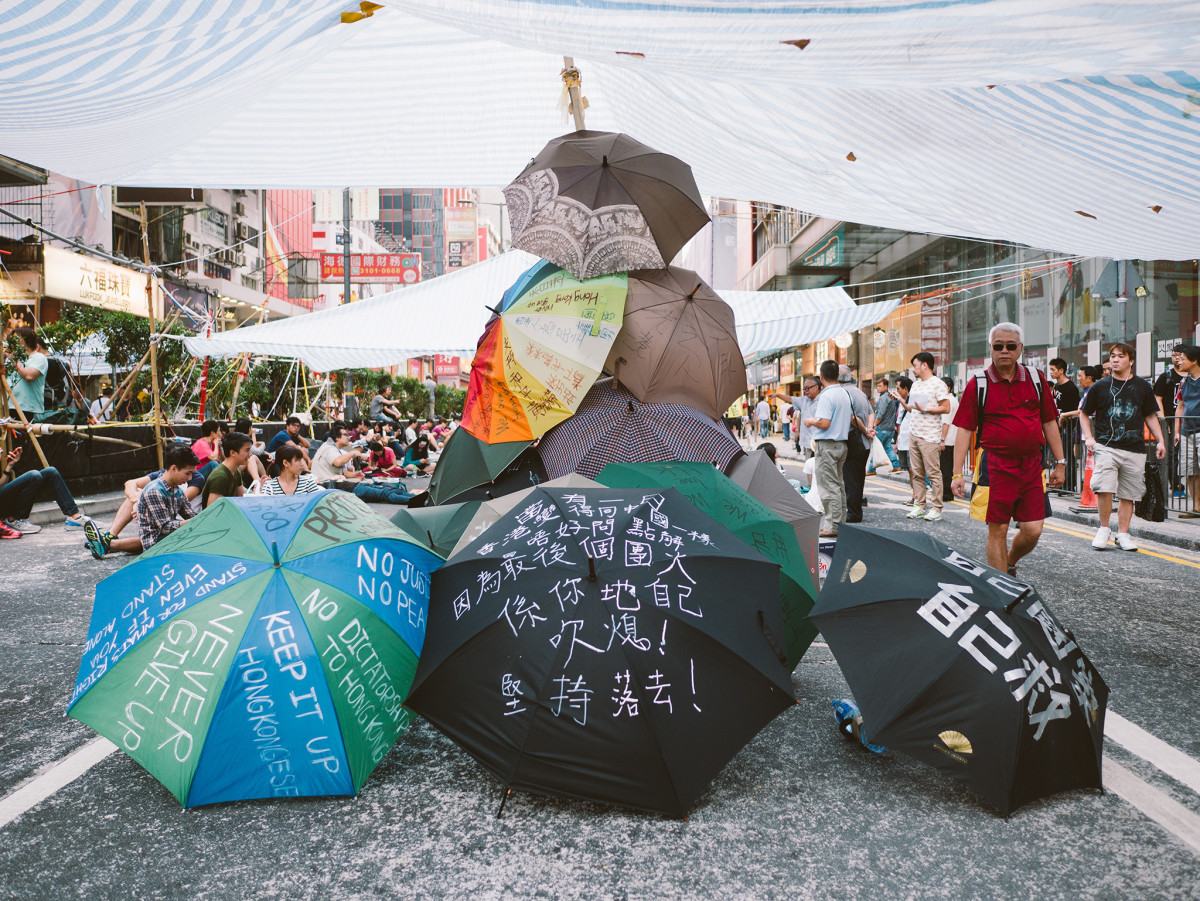
Letter to a Future Daughter on the Occasion of the “Fishball Revolution”
When Hong Kong used to be home

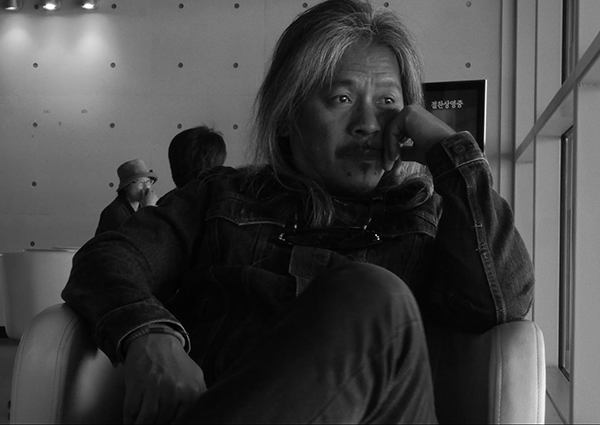
Lav Diaz: Slow Burn
The Philippine cinema pioneer on why films are “the greatest mirror of humanity’s struggle.”
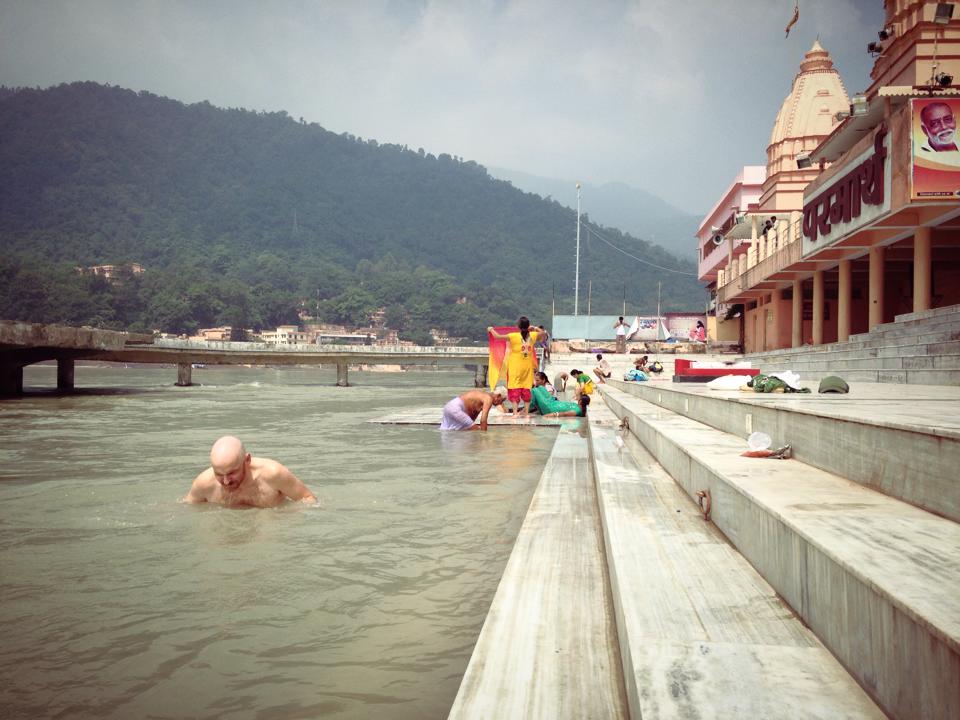
Swami in a Hothouse Elevator
Lessons of peace, unity, and selflessness collide with ethnic cleansing in Modi’s India.

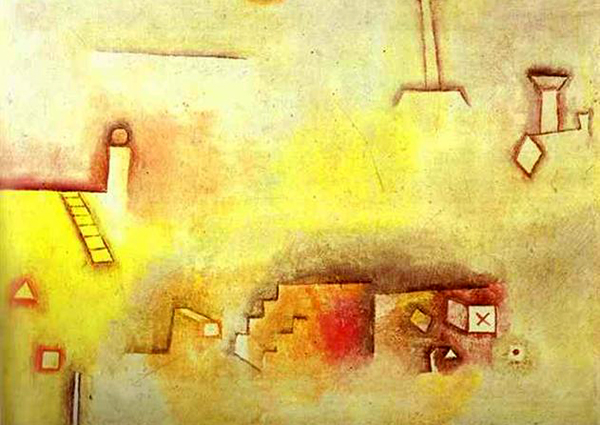
5 Queen’s Road
A house is partitioned along the lines, and in the chaos, of the new independent nations of India and Pakistan.
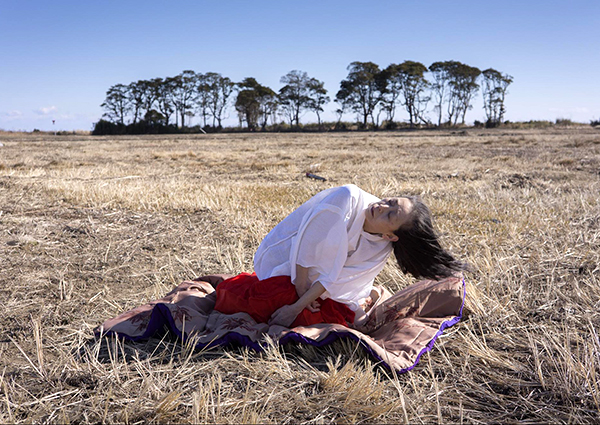
Eiko Otake: Body Politic
The performance artist on going solo, inhabiting dangerous spaces, and the grotesqueness of time.
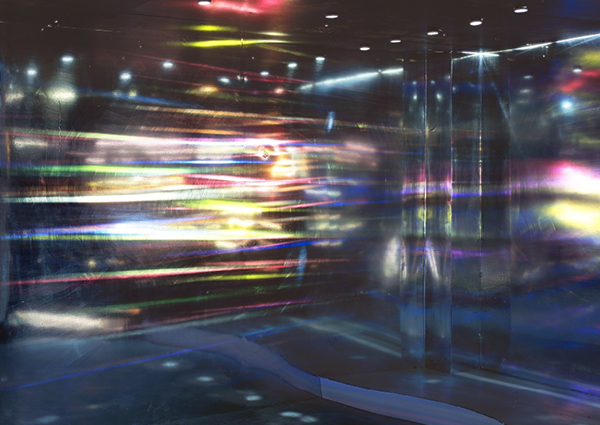
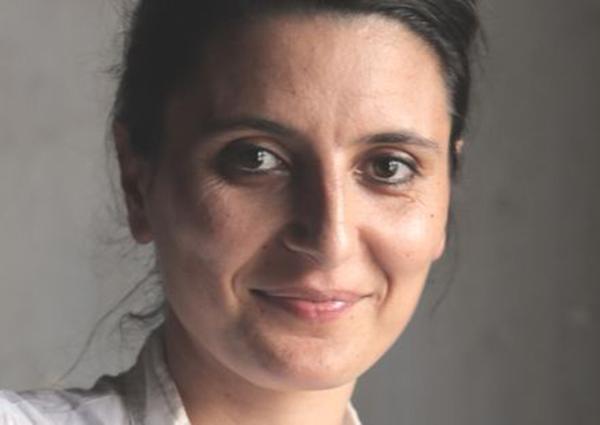
Angelica Mesiti: The Language of Movement
The artist on multi-channel video work, the communicative potential of sound, and contemporizing performance traditions.

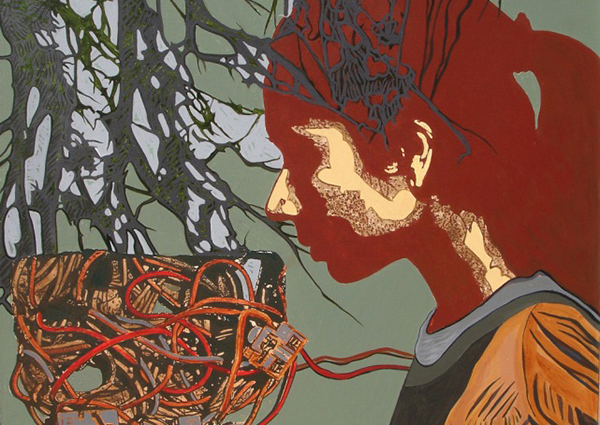
Sita Considers Her Rebellions

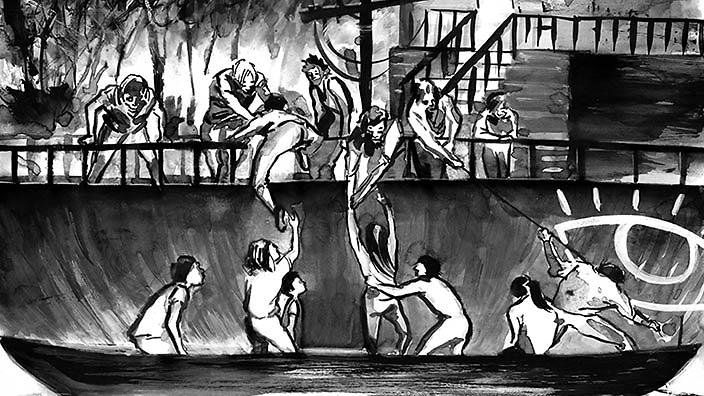
Matt Huynh: Drawing Between the Lines
Occupy Wall Street artist pens interactive online comic about Vietnamese refugees

And Quiet Flows the Kopili
Violence and citizenship in Assam, as experienced by its forgotten
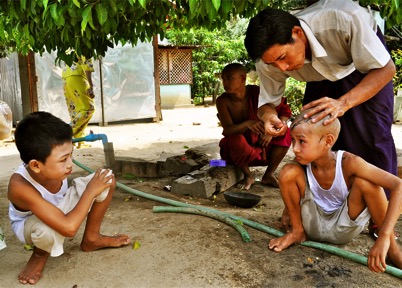
Captioning Novitiate
Myanmar’s newest monks and the politics of almsgiving.

What’s In A Name
The appropriation of Michael Derrick Hudson as “Yi-Fen Chou”.

Fukushima and Beyond
Can a distinction be drawn between developing nuclear power and nuclear weaponry?

The Weird ‘Good Fortune’ of Tsutomu Yamaguchi
The personal legacies of the many survivors of the atomic bombing of Japan.
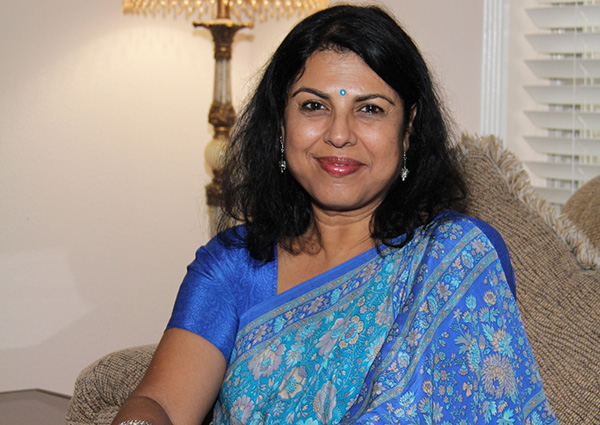
Chitra Banerjee Divakaruni: Sisters and Spices
The author on fiction as activism, feminism in Indian epics, and cooking to conjure a sense of home.
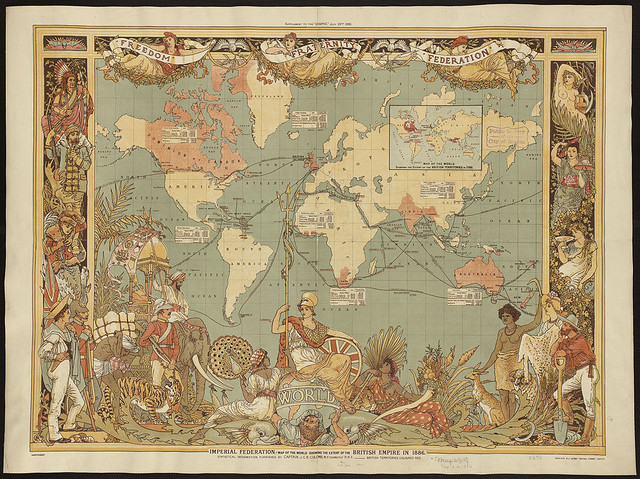
God’s Masterpiece or the Devil’s Bad Joke?
Barbarians and apes—from the Opium Wars to the origin of the species.
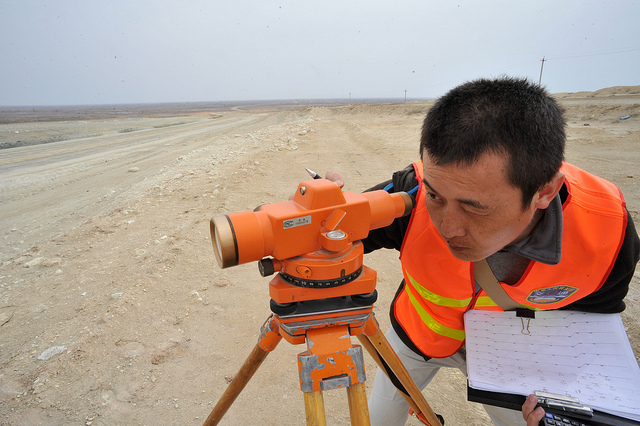

On the 50th Anniversary of Singapore’s Independence
Singapore may be one of the world’s leading financial centers, but is governing against ideology risky business for democracy?
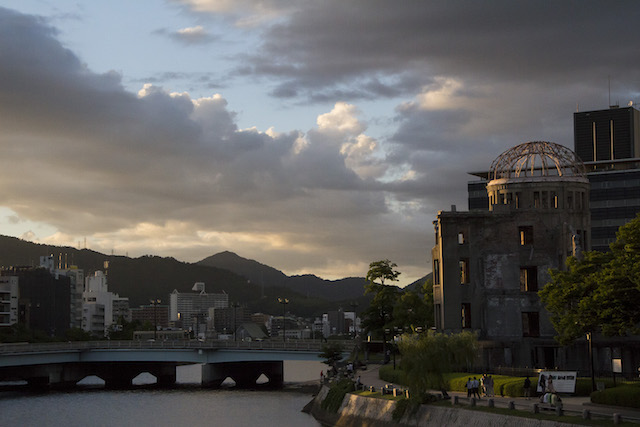
Letter from Hiroshima
On the 70th anniversary of the Hiroshima atomic bombing, the granddaughter of one of the scientists who made the bomb pays a visit to ground zero.
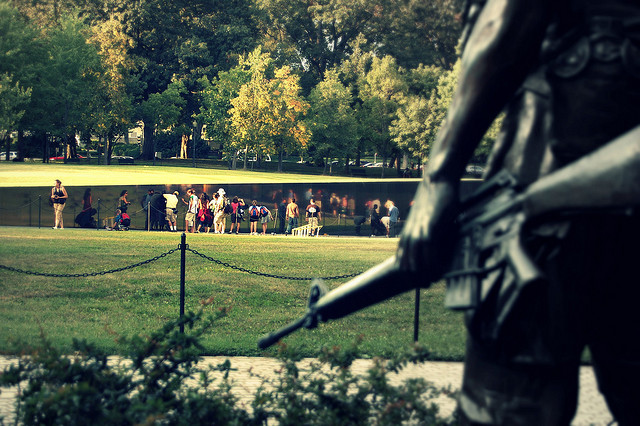
Our Merciful Ending to the Good War
How patriotism means never having to say you're sorry.

Bo Wang: Doric Columns in Chongqing
Jacob Kiernan interviews the filmmaker on his upcoming project in Hong Kong, dislodged cultural identity, and the evolution of wedding photography in China.
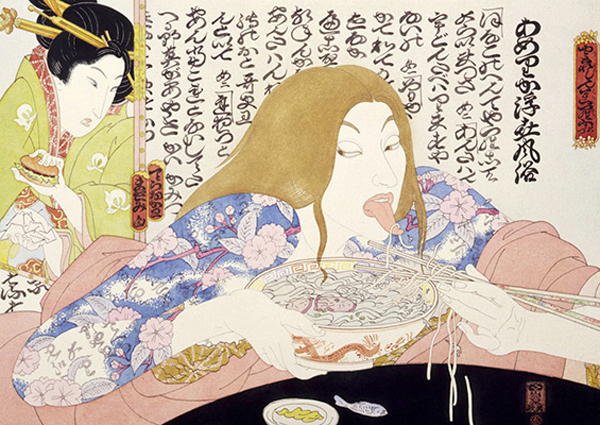
The Fifth Flavor
Boundaries of Taste: Umami gives identity and intricacy to mother’s milk, a bowl of ramen, a writer poised between Japan and America.

The Rationalist
Boundaries of Taste: Chased from his native India, Sanal Edamaruku contemplates the power of offense and accustoms himself to his new homeland.
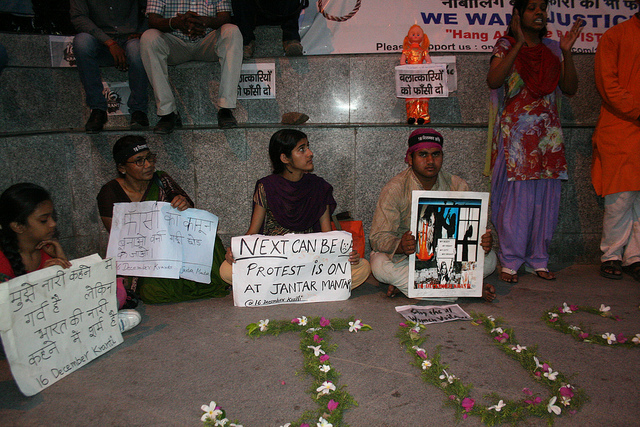
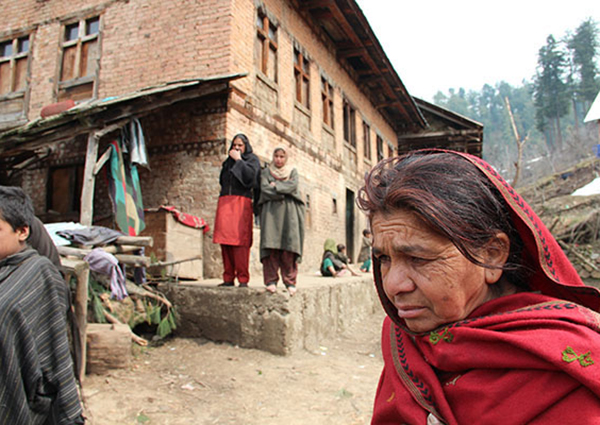
Murder in Uniform
Kashmir’s most infamous “fake encounter” leaves five families desperate for justice.